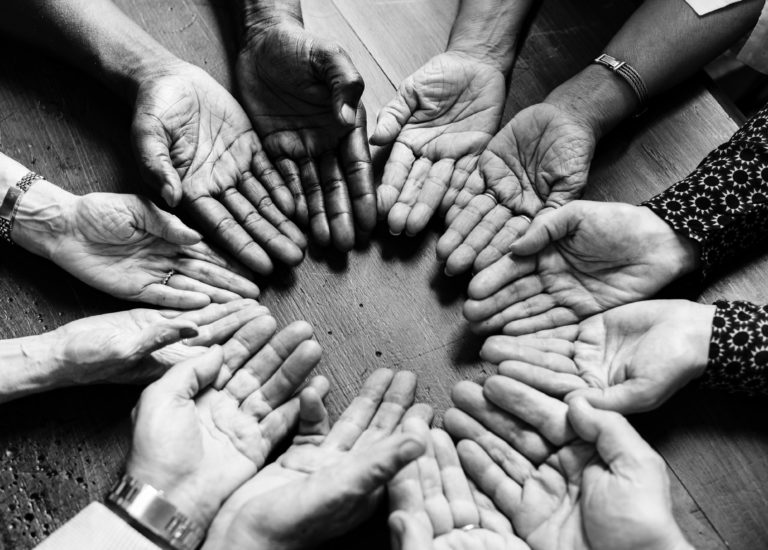
team building and employee engagement
uBuntuSpeaks’ transformational presentations and training use intentional, dynamic, and intrinsically motivated approaches. It is important to address and recognize the need for and how to successfully build and manage diverse teams comprised of global health professionals. We help them achieve their career goals and missions because of their requirement to work, learn, and ensure health positive outcomes. uBuntuSpeaks’ presentation and training services answer the fundamental questions of global health organizations and learning institutions. Prompting them to decide on the importance and benefits of acquiring team building skills and competencies in order to build strong, diverse, inclusive and high performing and producing teams.
- In what ways / to what extent is it best to build effective and high performance teams throughout the organization and learning institution?
- What are the characteristics of a successful and productive team?
- What are the expertise, skills and competencies can assist in meeting our specific organization and learning institution unit objectives?
Global health organizations and medical / public health learning institutions understand that the success of their business largely relies on many critical factors. Some of which include the synergy and performance of their workforce and the various working teams. Successful organizations and corporations more than ever in a global market require the “know-how” to build long lasting diverse teams. Effective teamwork contributes considerably to the overall improved productivity, reduced operational costs, as well as employee satisfaction and contribution.
Training and Presentations include:
- What? – Define specific terms such as: team, teamwork, culture, common goal, roles, shared responsibilities, accountability, results, performance, diversity and inclusion and communication. Explore the participants’ perspective and meaning of these terms as it applies to their personal lives, jobs and organization and learning institution. In addition, uncovering the personal working styles and ethic which the participants possess. Thus, using those are critical to their engagement with their supervisors, colleagues, and other team members. This is especially critical when required to work with others from different cultural, geographical and linguistic backgrounds.
- So What? – Discuss the importance and benefits of building strong teams within the organization. Share the impact leadership has in building and leading diverse teams. Identify characteristics that allow team members to function more efficiently and productively. Understand the importance of acknowledging team members’ voices, strengths, capabilities, expertise and assets they bring to table. Additionally, bringing attention to the knowledge, skills, and competencies they choose not to share or have yet to develop. Implement the elements needed to build and maintain high-performance teams with diverse workforce and the importance of celebrating success and shared failures.
- What Now? – Develop a team building and engagement strategies that include identification of characteristics, definition of roles and responsibilities, shared leadership roles and the scope of work. Create communication plans that incorporate both conversational and emotional intelligence competencies. This can effectively promote teamwork across cultures within and outside of the workplace. Participants will complete a training, self assessment and feasibility survey.
Our training, presentations and keynote speeches are customized for varying global health organizational needs and target populations. Together, we create tailor-made, action-oriented, and hands on solutions to address:
- Team Building Across a Diverse Workforce
- Employee Engagement and Retention
- Shared Success and Employee Recognition
- Diversity, Inclusion and Integration in the Global Workplace

